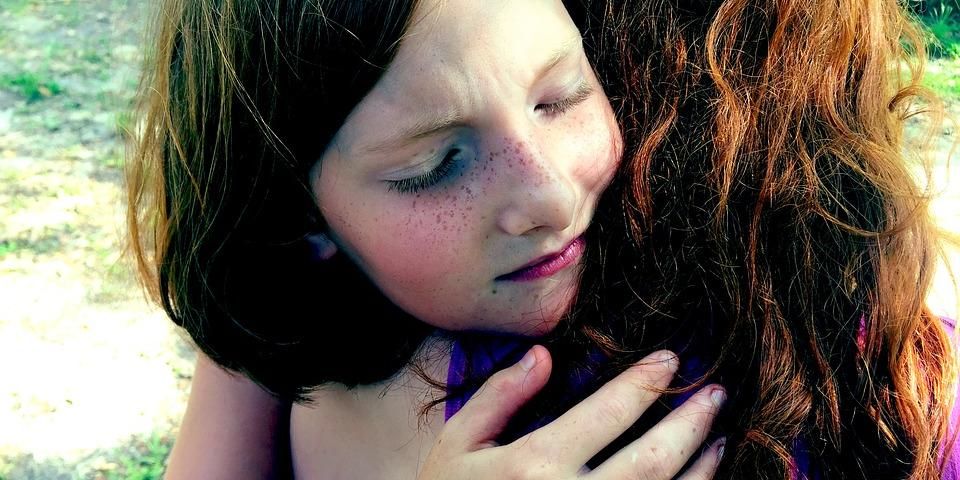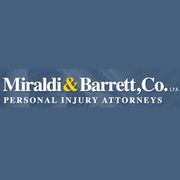What remedies does a family have when a family member is killed in a car crash?

When someone is killed in a car crash, two possible legal remedies exist – a survival claim and a wrongful death claim. If the person did not die instantly, the survival claim allows the person’s estate to recover for the individual’s medical bills and pain suffered prior to death. A wrongful death claim is brought on behalf of the person’s immediate family and allows the family to recover a variety of harms and losses.
These harms and losses are divided into two categories: economic losses and non-economic losses. The economic losses allow the family to recover the lost earning and support that the decedent (the person killed in the crash) would have provided to his immediate family for the decedent's entire work life. In addition, the family can recover for the household services that the decedent performed around the house – including cooking, housework, child care, and household maintenance. In both situations, an experienced personal injury attorney, like the attorneys at Miraldi and Barrett, will hire an economist to calculate those losses.
The family is also allowed to recover non-economic losses, too. This would include compensation for mental anguish suffered by the family members arising out of the death. It may also include claims for loss of companionship, loss of advice, and other personal losses that result when a family member dies and the remaining family members no longer have that person’s guidance and love.
In both a survival action and wrongful death claim, the claim is brought by the personal representative of the decedent’s estate on behalf of the decedent’s family. This means that the executor of the estate brings the lawsuit and chooses the attorney. The personal representative and the attorney work with all of the family members to make sure that all of the family’s losses are presented.
About the Business
Have a question? Ask the experts!
Send your question

